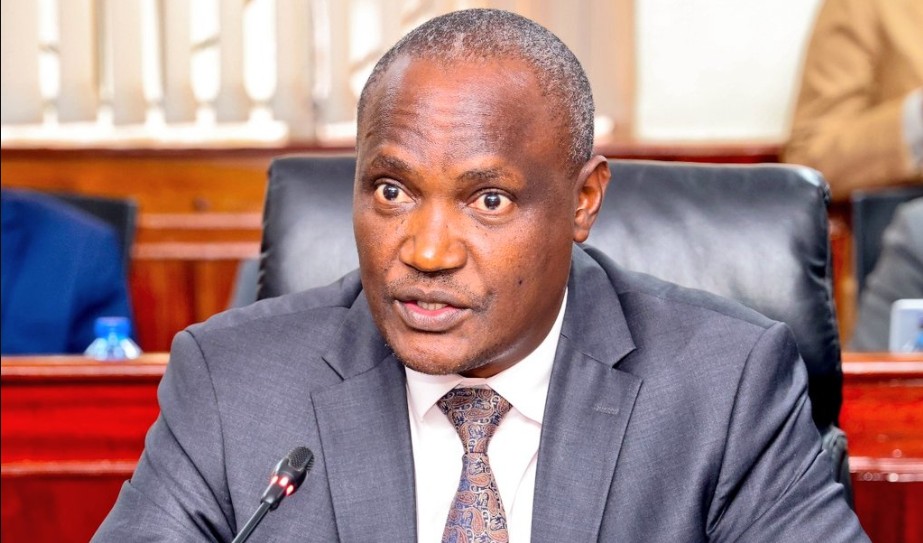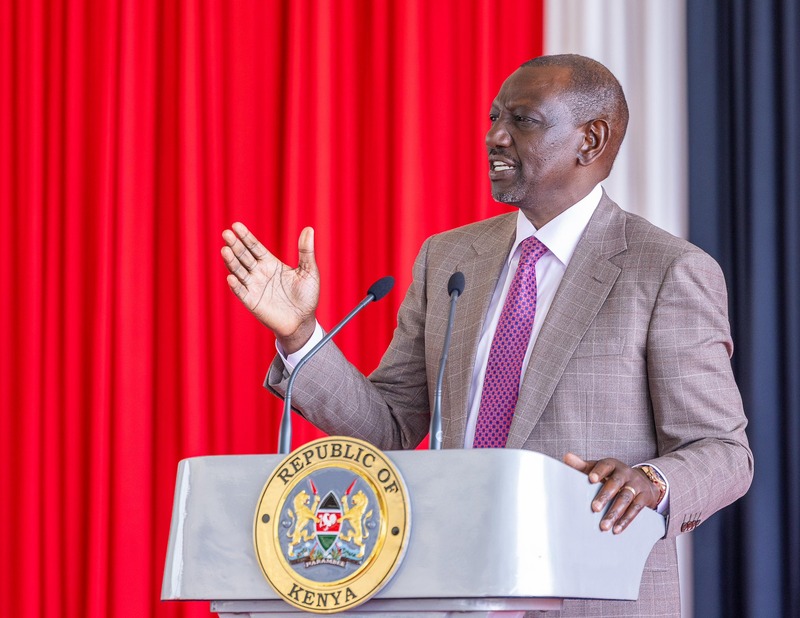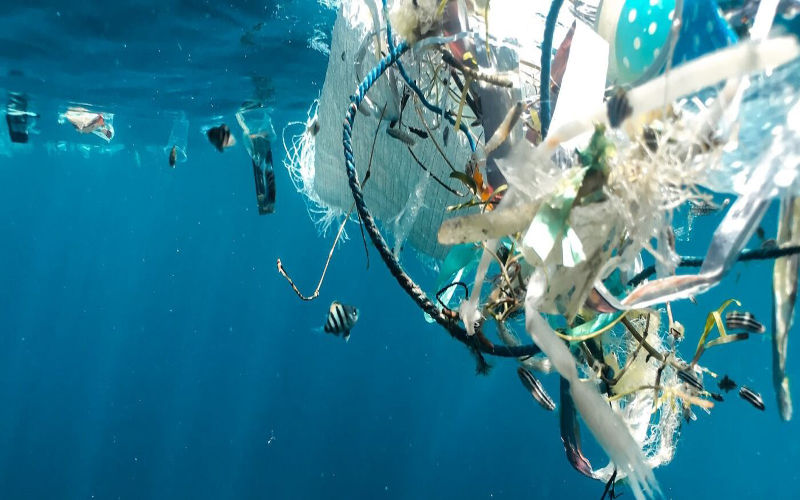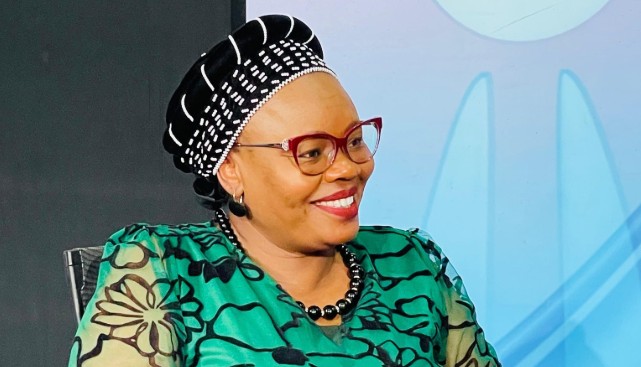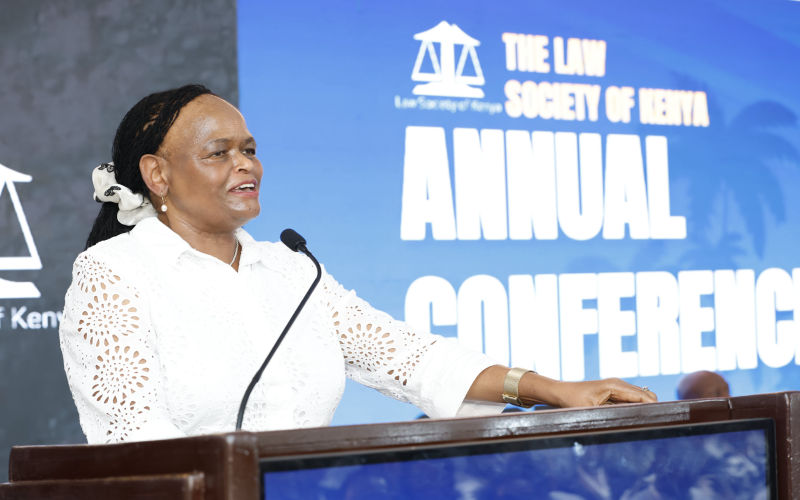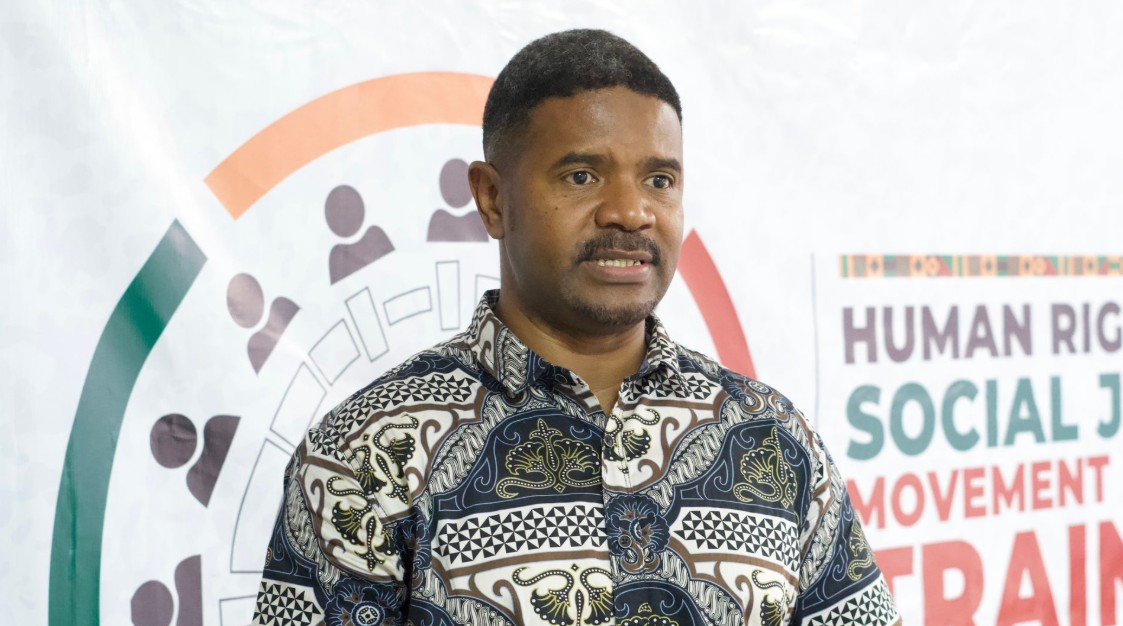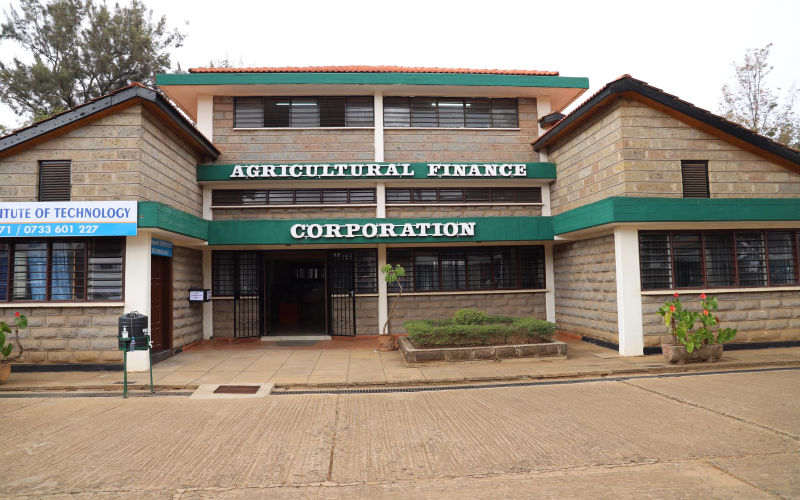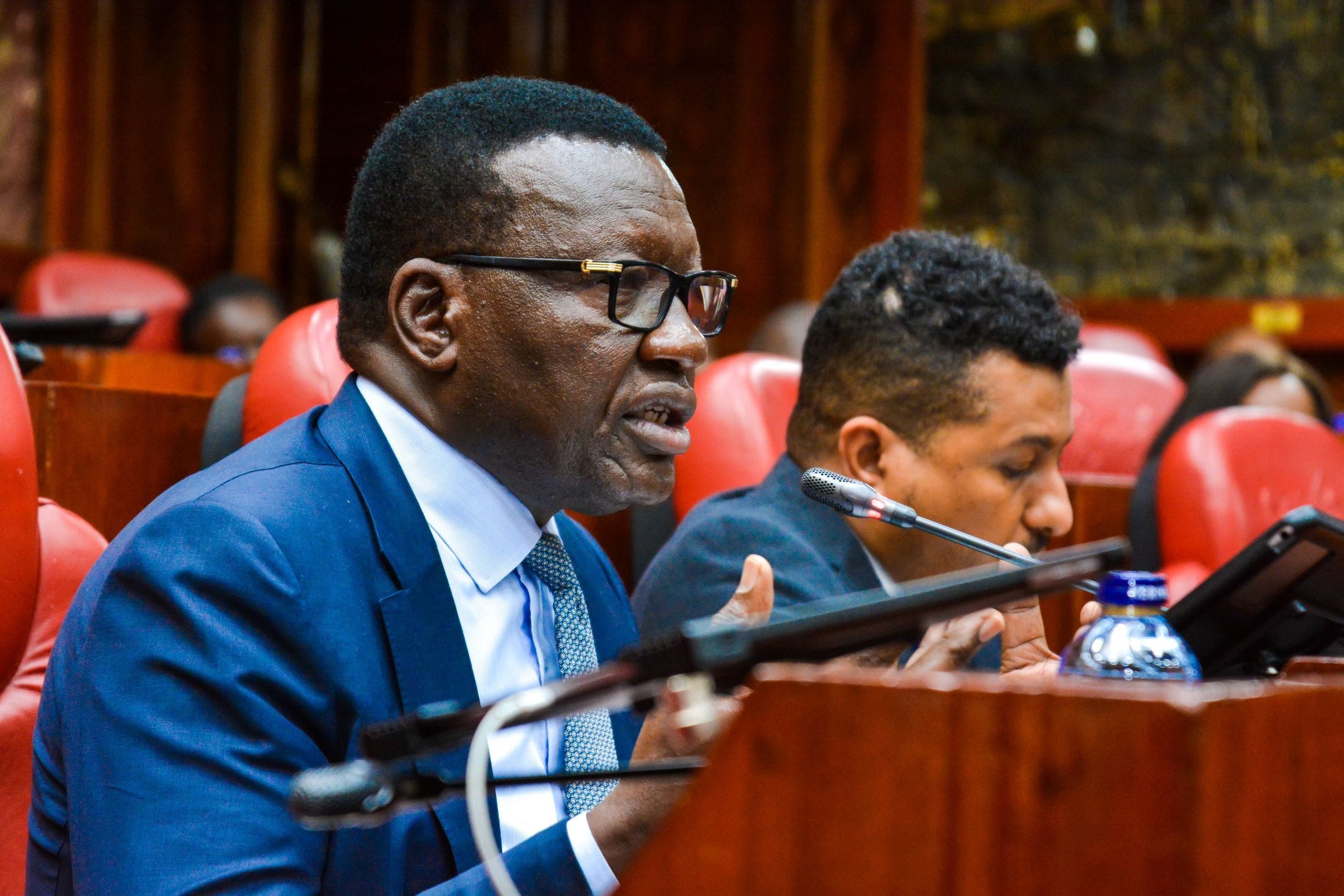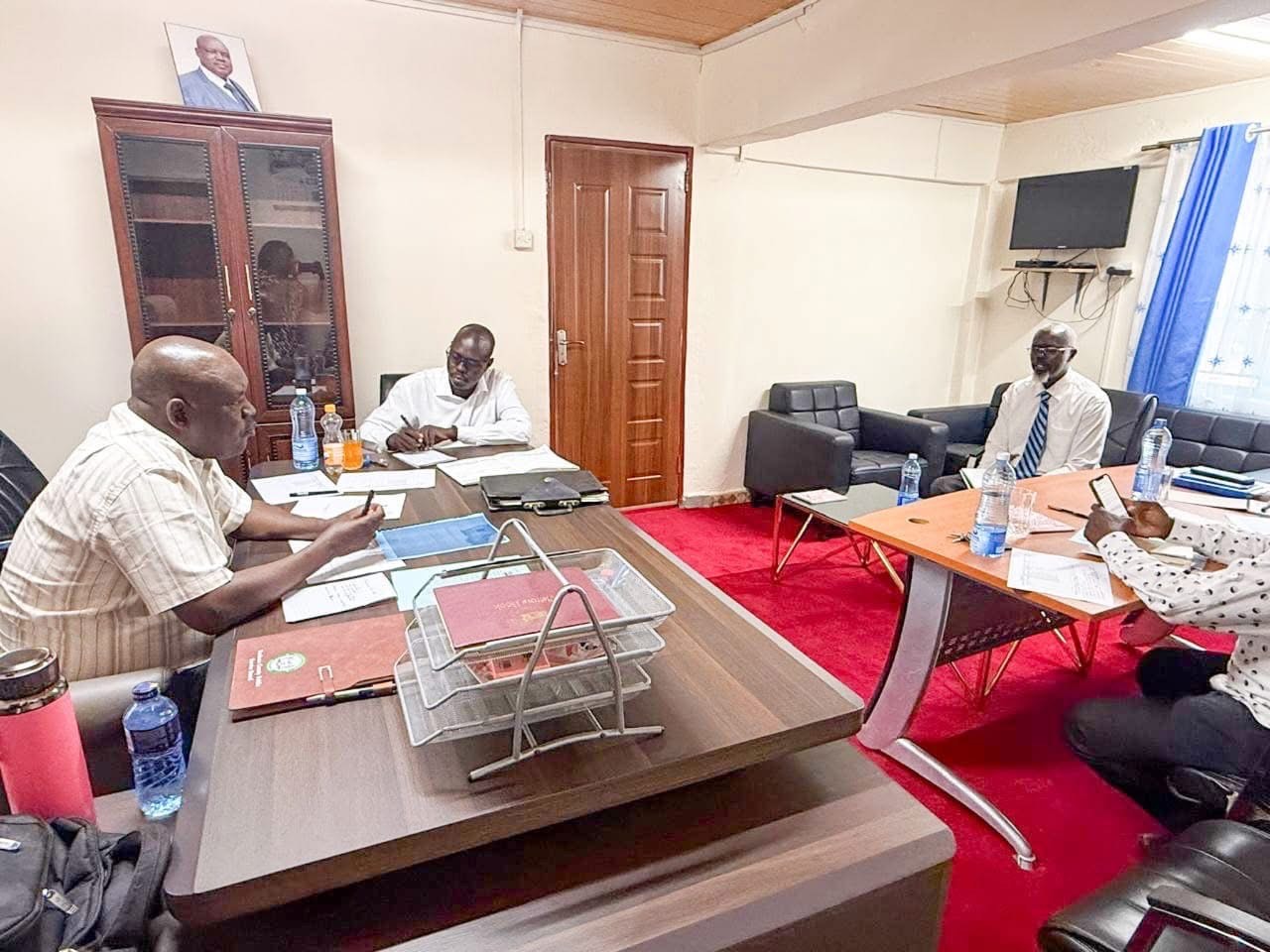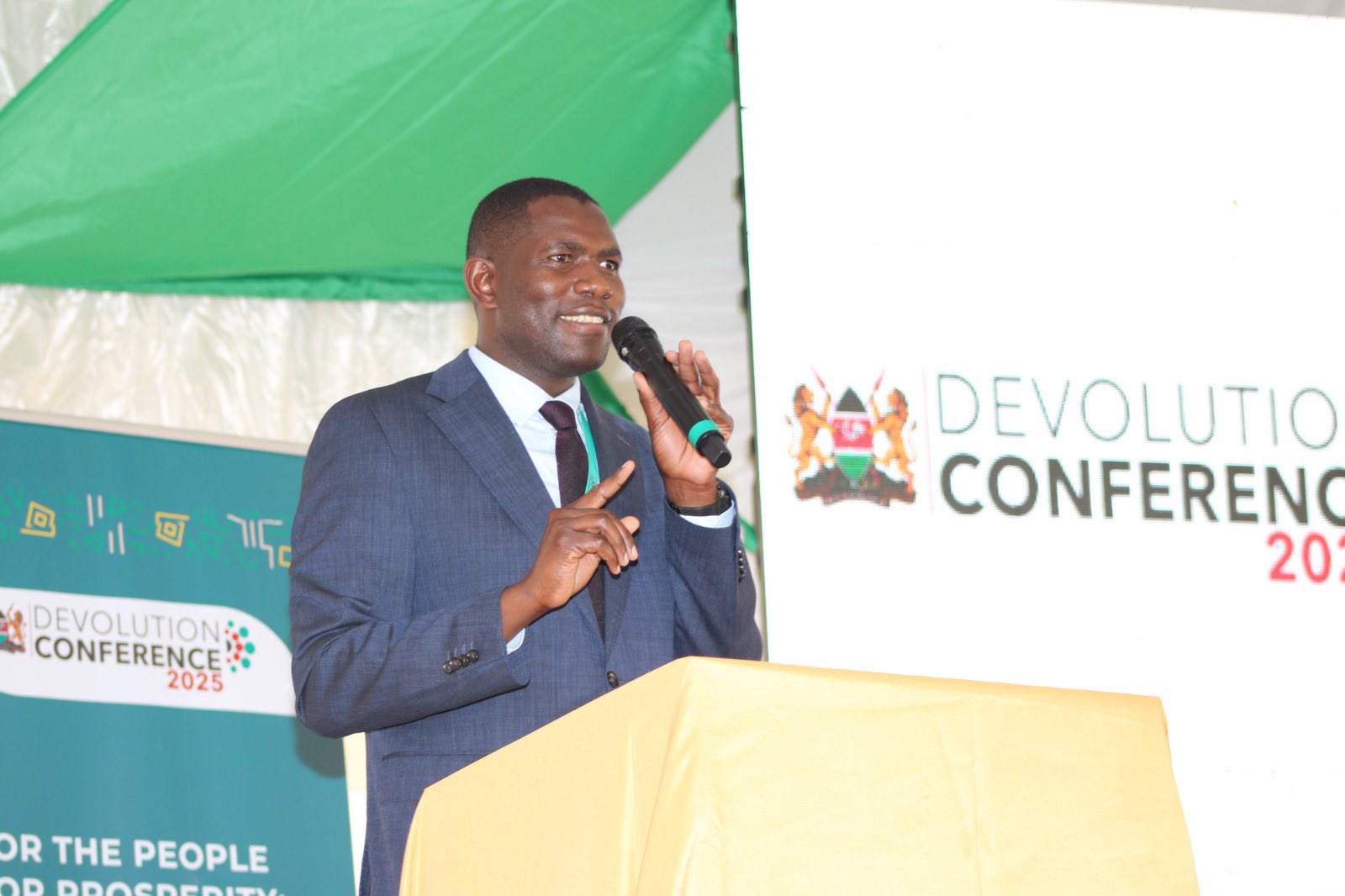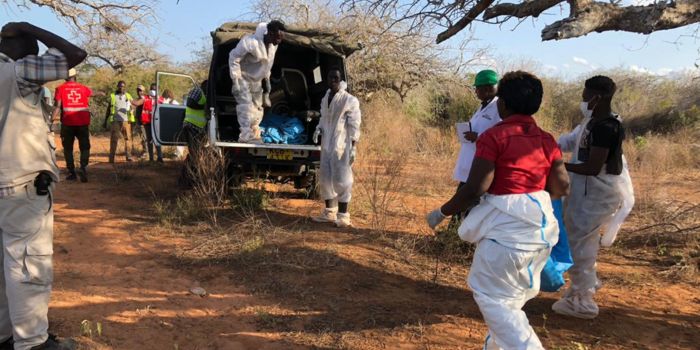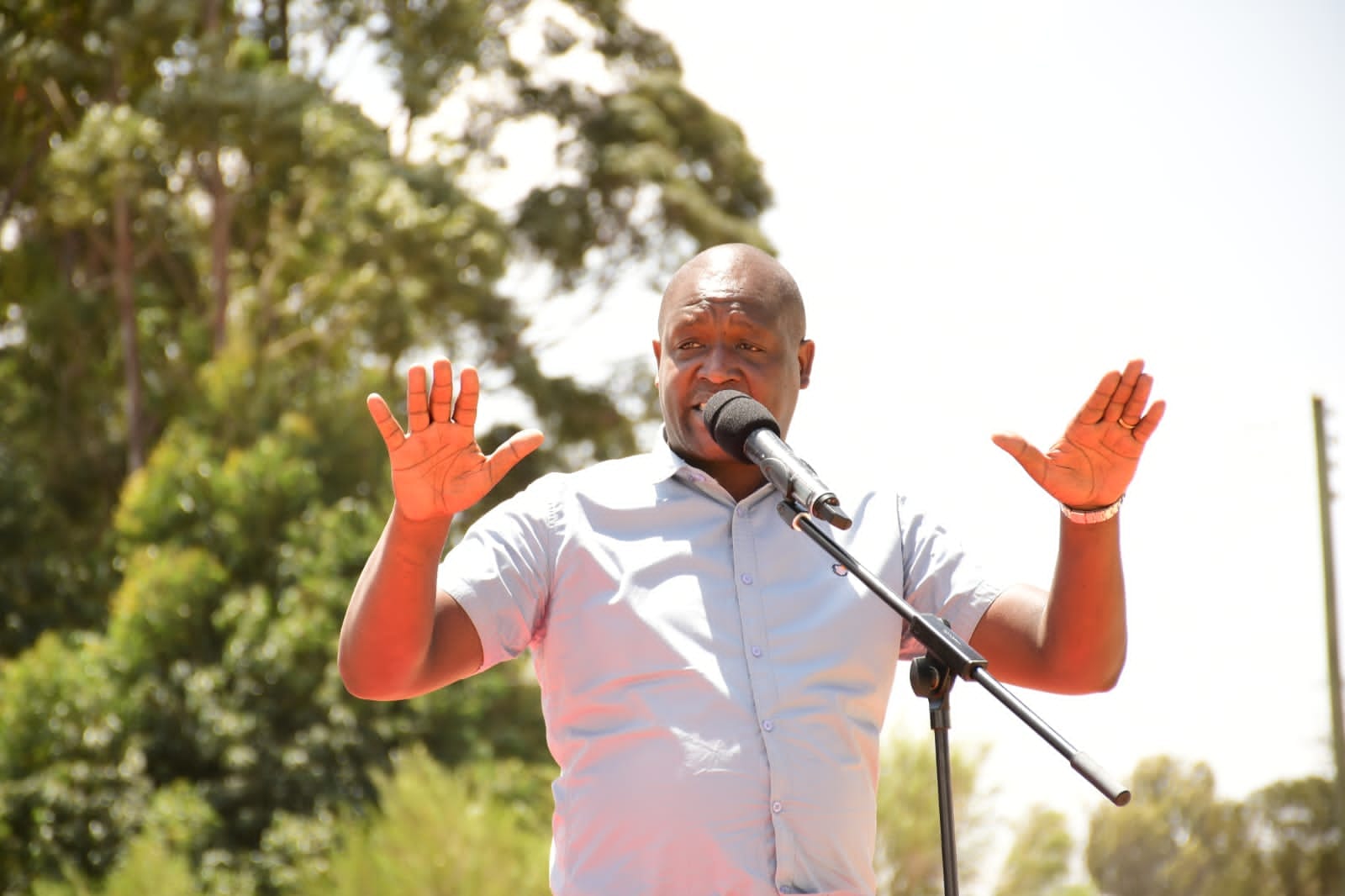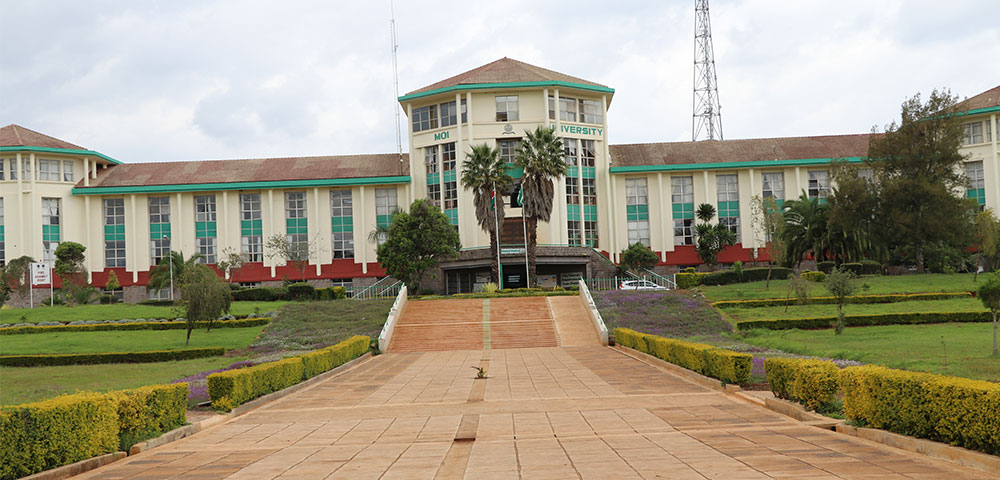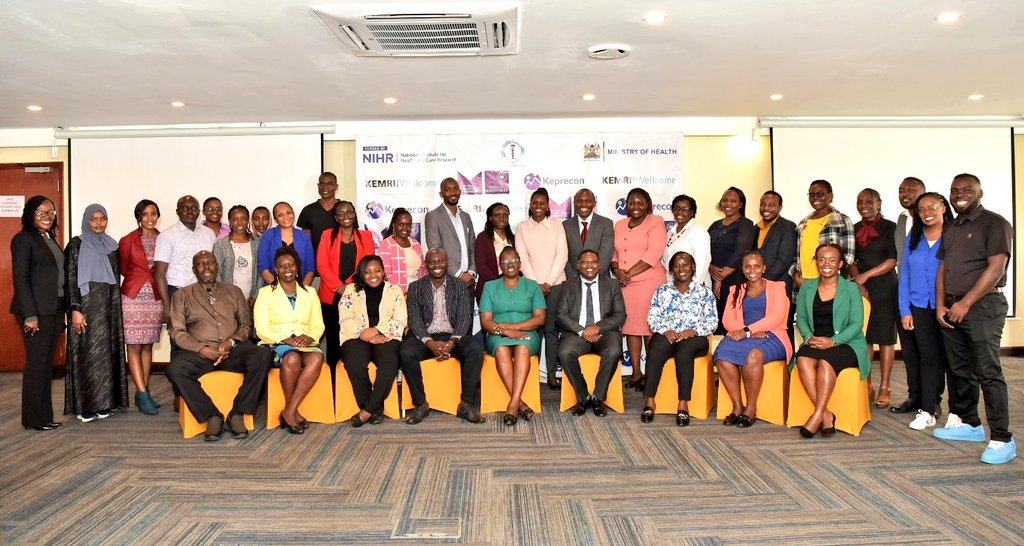Raila says national dialogue is the only way to solve Kenya’s political and economic crisis

The ODM leader criticised Parliament for its failure to address the crisis, saying frustrated Kenyans have taken to the streets to voice their dissatisfaction with the government.
Former Prime Minister Raila Odinga has defended the push for a national dialogue, arguing that open public conversations are essential to resolving Kenya’s ongoing political and economic crisis.
In an interview with NTV on Sunday, Odinga said that chants of ‘Ruto must go’ will achieve little if the underlying issues are not tackled.
More To Read
- Raila pushes for expanded devolution, says counties should run schools and local infrastructure
- Parliament passes Bill imposing tougher penalties for electoral malpractice
- Raila urges more devolution, says governors should answer to county assemblies, not Senate
- ODM’s October meeting to decide Edwin Sifuna’s fate and party’s 2027 path
- Legal experts divided over Ruto’s move to compensate protest victims since 2017
- President Ruto blasts opponents over 'wantam' demand
He emphasised that in times of national unrest, dialogue is not optional—it is the only way to prevent the country from descending into chaos.
“This problem will not be solved just by Ruto going home, because when he goes home, then you have Gachagua there. Tomorrow, you will now be shouting ‘Gachagua must go’, or ‘Kalonzo must go’. So, you must find a way of dealing with these issues, not abroad,” he said.
Odinga maintained that he does not oppose dialogue, terming it necessary when a country faces crises.
“I do not run out of dialogue. People must talk when there is a crisis; people must find a solution to the crisis. If you don’t, you just get anarchy. That’s why we talk about dialogue,” Odinga said.
He faulted Parliament for failing to resolve the crisis, saying Kenyans have now resorted to the streets to express their dissatisfaction with the government.
People's sovereignty
“Our Constitution says the sovereignty of the Republic of Kenya rests with the people. They can exercise it either directly or through their elected representatives. What does it mean? We know how people elect representatives through the ballot, but how do 55 million people exercise direct sovereignty? This is dialogue. That article must have some meaning,” he said.
Odinga proposed starting the dialogue process from the grassroots level, arguing that Kenyans must have a say in addressing issues affecting them.
“My suggestion is that you start at the polling station level, where everyone has the right to assemble and talk about the issues affecting them. From there, they elect representatives to go to the next level—the ward, sub-county, county, and then to a national conclave,” he said.
National conclave
Odinga said the proposed national conclave would bring together delegates from counties, Members of Parliament, religious leaders, civil society, academics, and representatives of workers.
“That now becomes a conclave that can talk about ‘we the people’,” he said.
Addressing concerns about the feasibility of assembling representatives from over 40,000 polling stations, Odinga dismissed funding worries, stressing that the process should be entirely people-driven.
“People just come from their homes and sit down and talk. You don’t need any funding. If you now talk about who is going to fund it, then you are bringing the government into it. This is a people process,” he said.
When asked how the recommendations from the national dialogue would be implemented, Odinga said government involvement would be necessary at the implementation stage. However, he stressed that the initial process must be led by citizens.
He explained that the proposed dialogue aims to tackle key issues such as economic exclusion, youth unemployment, and the need for transparent, accountable governance.
“The biggest challenge facing Kenya today is how to expand economic opportunity and lift young Kenyans out of poverty and exclusion. Kenyans are yearning for programs and leaders that prioritise economic inclusivity, social justice, and political freedom,” he said.
NADCO
Responding to critics who claim that past initiatives like the National Accord and the National Dialogue Committee (NADCO) already addressed similar concerns, Odinga maintained that his current proposal is fundamentally different.
“NADCO was just about five people from each side. Those are a few people talking. You need to get the issues coming from the grassroots,” he said.
Asked when national political leaders, including himself and President William Ruto, would join the conversation, Odinga said they would take part solely as individual citizens, not in their official capacities.
“Ruto can come in as a participant, not as the president. I am not a Member of Parliament, so unless I participate from the grassroots, I may not even be a participant,” he said.
He further dismissed claims that the dialogue is aimed at benefiting him politically.
“This is not intended to help Raila or Ruto. This is a Kenyan process, a people’s process, and it will help us deal with the crisis that we’re having today,” said Odinga.
Public scepticism
He noted that public scepticism towards the dialogue process stems from past experiences, but said this should not stop the country from engaging.
“Shielding the dialogue from being perceived as a political elite process depends on how it is organised. It must be people-driven right from the grassroots. Once it starts, it will take a life of its own,” he said.
Odinga warned against dismissing the call for dialogue, saying failure to address grievances through conversations will only escalate protests.
“If you just continue the same way, doing the same thing, expecting different results, you won’t get different results. People are unarmed, but the police are there; you see the consequences. How do you deal with that?” he posed.
He urged Kenyans to consider dialogue as the next step after sustained protests, warning that without a structured solution, the country risks losing more lives in the streets.
“I said last year’s protests were justified. But now, the time has come to move to the next level of talking, so that we find a solution to these issues,” Odinga said.
Top Stories Today
